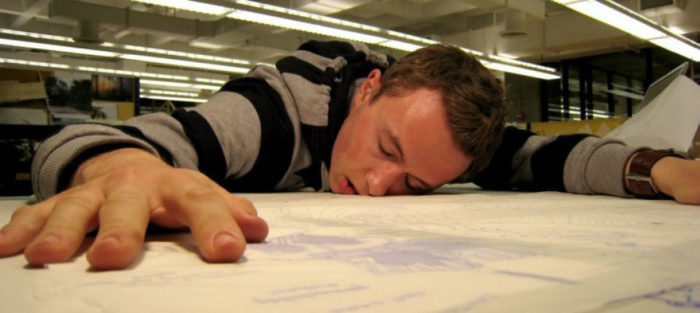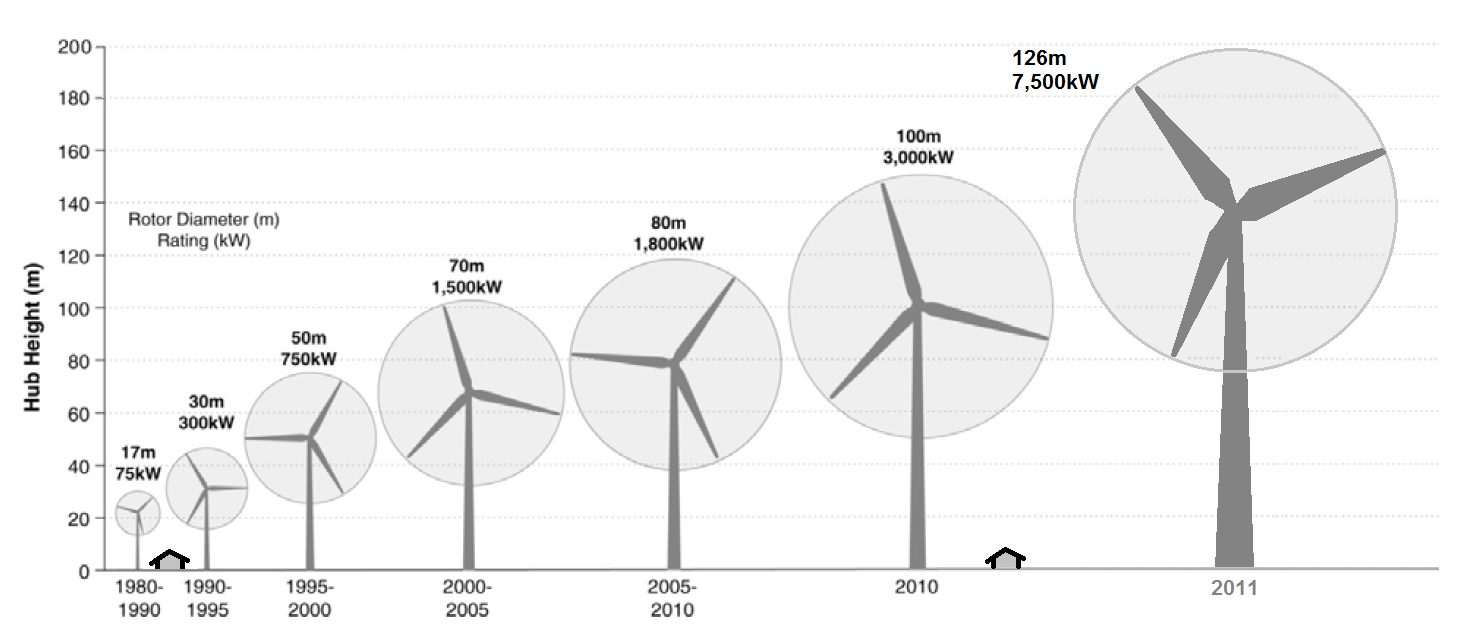- Teacher: Naresh Singh
Learn 2024
Search results: 1517

Hi All, looking forward to teaching you all this semester. I will be back from Korea and Japan on Monday 26th Feb - see you then.
- Teacher: Walter Hurst Williams

Wind
Geyser
Gas
Water Supply
Passive Solar 01
Passive Solar 02
Direct Gain 01
Direct Gain 02
- Teacher: Walter Hurst Williams
- Teacher: Kavilan Moodley
- Teacher: Mickalan Subramoney (220011105)
- Teacher: Kiran Baldavoo
- Teacher: Siphumelele Balungile Dlungwane
- Teacher: Patricia Ings
- Teacher: Charmaine Lathleiff
- Teacher: Yergenthren Naicker
- Teacher: Bomi Cyril Nomlala
- Teacher: Kiran Baldavoo
- Teacher: Siphumelele Balungile Dlungwane
- Teacher: Patricia Ings
- Teacher: Charmaine Lathleiff
- Teacher: Yergenthren Naicker
- Teacher: Bomi Cyril Nomlala
- Teacher: Mishelle Doorasamy
- Teacher: Nonkululeko Mazibuko
- Teacher: Salma Vanker
- Teacher: Mishelle Doorasamy
- Teacher: Salma Vanker
- Teacher: Ernest Tenza
- Teacher: Darren Subramanien
- Teacher: Ernest Tenza
- Teacher: Sanjay Ranjeeth
- Teacher: Serestina Viriri
- Teacher: Elvin Shava
- Teacher: Andrisha Beharry
- Teacher: Lewis Victor Kaplan
- Teacher: Zamanguni Kubheka
- Teacher: Zamanguni Kubheka
- Teacher: Hilary Tinotenda Muguto
Information Technology is one of the principal drivers of innovation and globalization, and a strategic asset used by most business organizations to achieve their business goals. As technology becomes more pervasive, and easier to use, it will become virtually impossible for individuals and organizations to be competitive in a fast-growing information society if they do not have knowledge of current technology as well as an awareness of the capacity of information technology (IT) to provide innovative solutions to problems. This is especially pertinent to the business sector where advances in technology have dramatically transformed many organizations. Information technologies have provided individuals, consumers, investors, businesses with valuable new tools for identifying and pursuing economic opportunities, including faster and more informed analyses of economic trends, easy transfers of assets, and collaboration with distant partners. It is within this context that the Information Management (BBA2IM) course seeks to familiarize students with information technology concepts that drive business success and innovations. The course curriculum is prefaced with managerial elements and interspersed with technical contents.
- Teacher: Mudaray Marimuthu
- Teacher: Simeon Ambrose Nwone
- Teacher: Hans Salisbury
- Teacher: Eric Dumisani Ncube